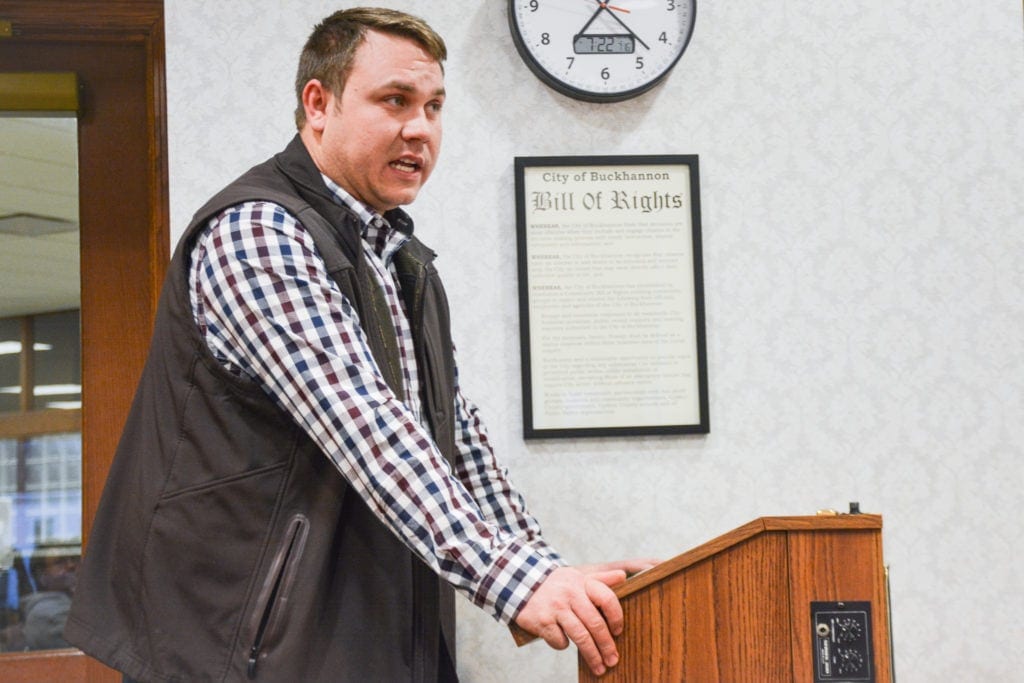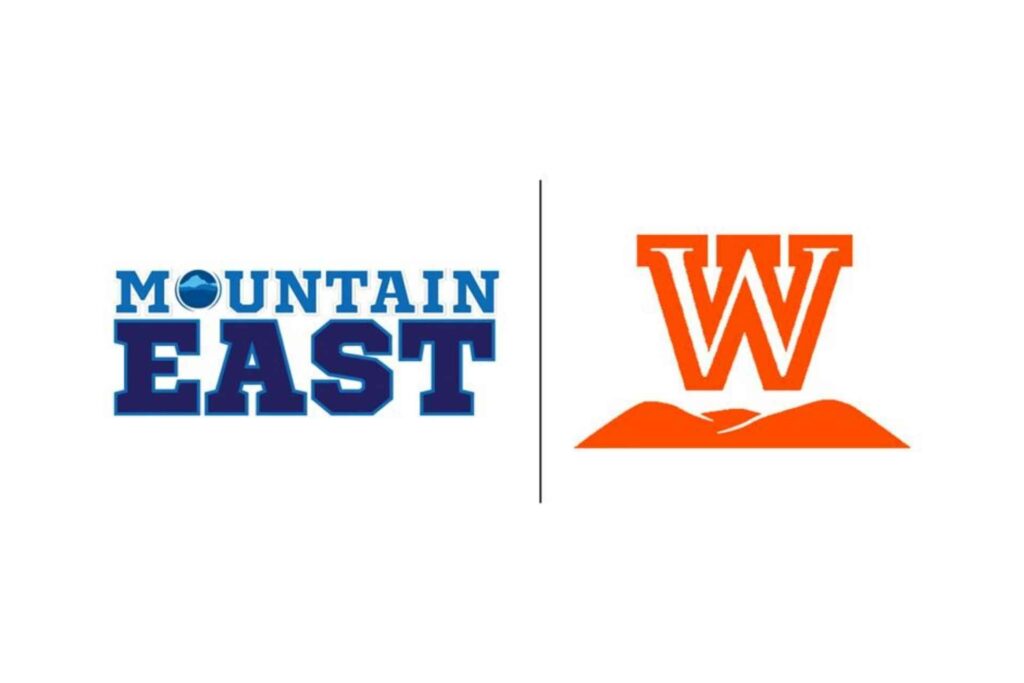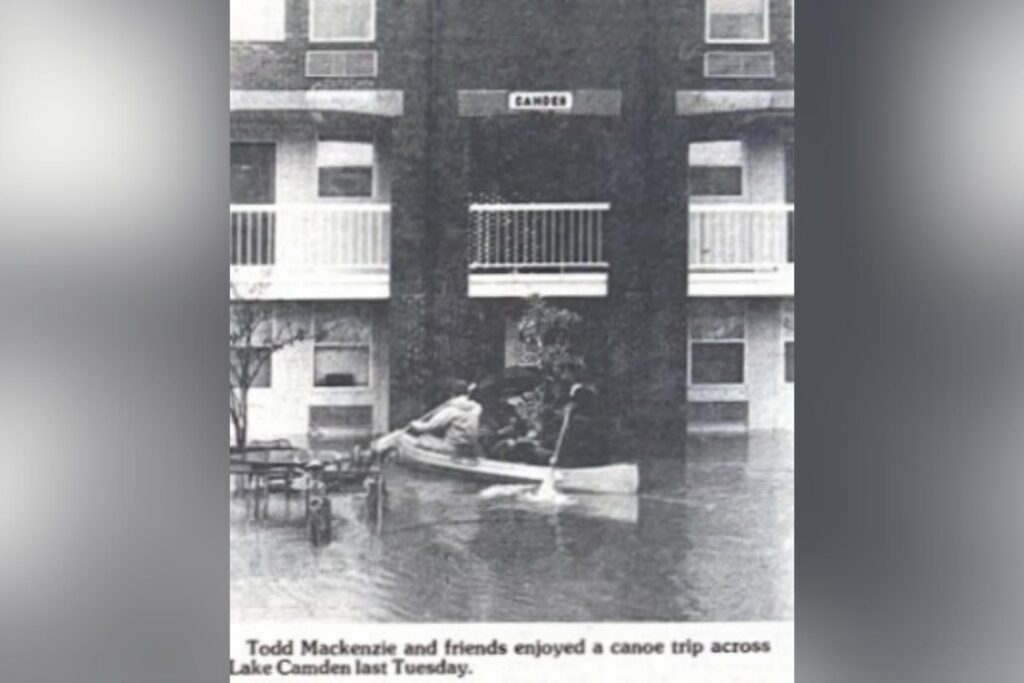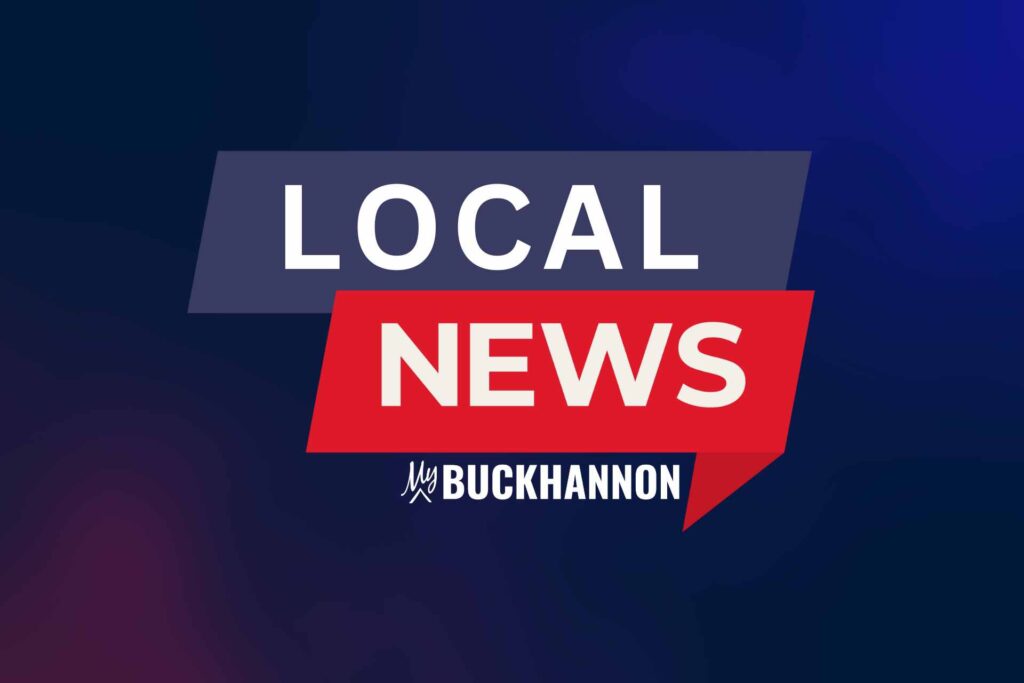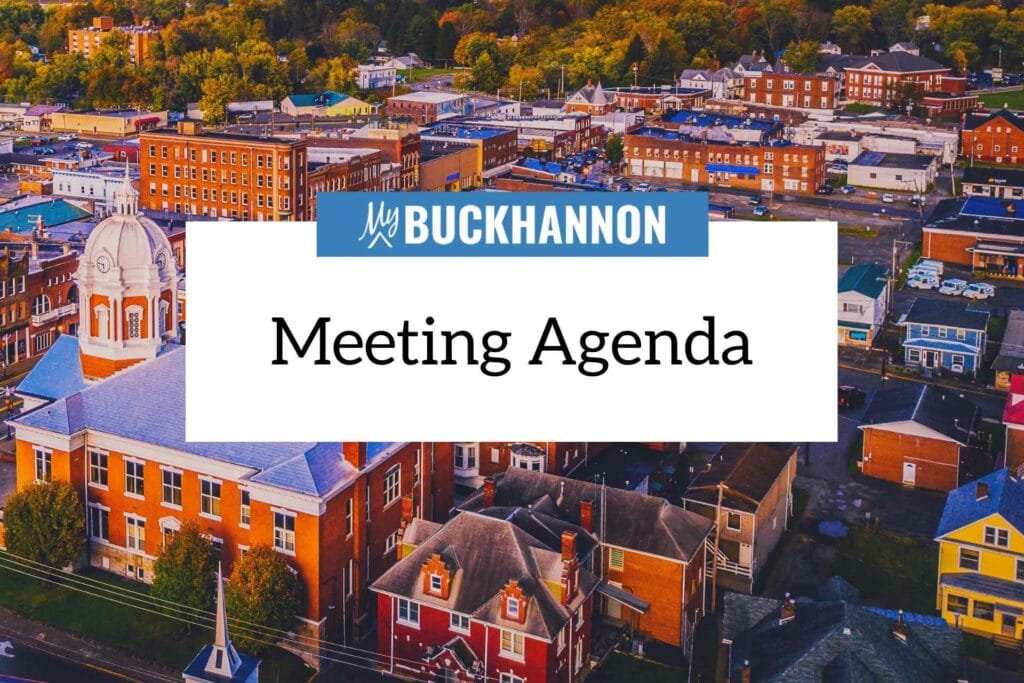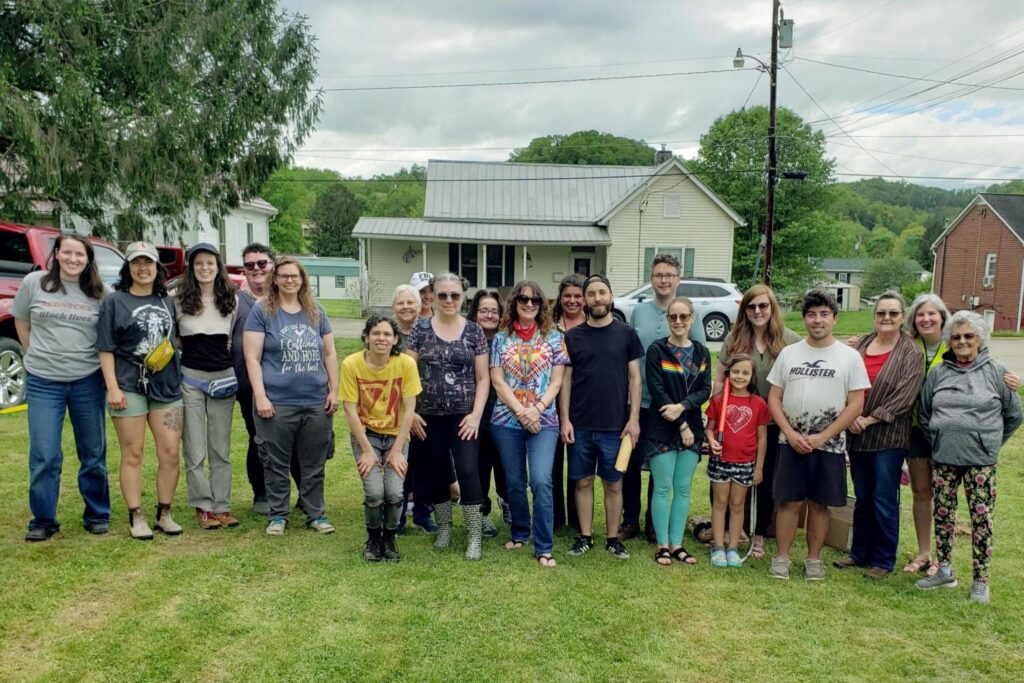BUCKHANNON – If the owners of a collective 150 acres of land in the Brushy Fork Valley agree to annexation, the City of Buckhannon won’t ask them to contribute a dime to a $100,000 sanitary sewer line project.
Buckhannon City Council resolved to make that offer to C.J. Martin, Linda Wellings and several other property owners in the area as a result of a significant development project that will soon be underway at the Event Center at Brushy Fork.
Auctioneer Aaron Harris of A&T Enterprises addressed council at its Thursday meeting, saying he and his wife, Tasha, are planning to purchase property from the Upshur County Development Authority. On that property, which is located adjacent to the Event Center at Brushy Fork, the Harris family plans to construct a 11,900-square-foot building that will house three separate businesses.
The businesses are an auction house (Aaron Harris has been an auctioneer since age 18); an outpost retail store; and a somewhat reconstituted version of The Daily Grind.
Sanitary sewer service is, of course, essential to the project’s development.
“We’re looking at bringing people into our city with auctiongoers because I have auctions on Saturday nights,” Harris explained. “They come out, they’ve got to come downtown and enjoy all of our activities we have in Buckhannon and come to our auction Saturday evening.
“Most of them are eating at restaurants before they come to the auction.”
Harris said the outpost retail store would sell an array of items, including antiques, work clothes, ‘country chic’ boutique apparel, bulk candy, local goods and fresh meats raised on the Harrises farm.
“We’ll have a freezer case where people can come in and buy retail cuts not but about 12 miles from downtown of Buckhannon,” Harris said.
He said new The Daily Grind would be slightly different from the form it took on Main Street.
“It will be a grab-and-go style coffee shop with daily specials, a drive-thru and catering,” Harris said.
Harris said the city’s investment in the sewer line project would benefit Buckhannon.
“We want our businesses that we’re putting out there – all three businesses – to be a destination for people to come to the city of Buckhannon because we are looking at pulling tourists that are traveling through Route 33,” he explained. “We are also looking to our local auctiongoers, of course, and then local business, as well.”
“My wife and I, this is our hometown. This is where we were born and raised and we want to continue to do business here. We want to look at putting all three businesses under one roof, and I believe that it would be a big attribute to the city of Buckhannon.”
Mayor David McCauley said he, Sam Ludlow and other city officials had had multiple conversations with Harris.
Originally, the Sanitary Board and the city had asked the Harrises and the other beneficiaries of the project to chip in half the cost of the project, or $50,000. The Sanitary Board and general fund would foot the rest of the bill.
(The city’s general fund and Sanitary Board, although both under the umbrella of the City of Buckhannon, are separate enterprise funds and finances aren’t intermingled.)
McCauley said other property owners outside the city whose properties would be serviced by the project are Linda Wellings, CJ Martin and Neil Rohr, in addition to a few others.
“At Sanitary Board meeting two weeks ago, discussion was had about this project, and the Sanitary Board resolved that if we were successful in raising the funds from participating parties (private property owners) to the extent of 50 percent of the project, the Sanitary Board would partner with the general fund to realize the project, come up with additional funds,” the mayor said.
According to the original formula, the city’s general fund would contribute $30,000, and the Sanitary Board would chip in the remaining $20,000, McCauley said.
However, McCauley said the Harrises didn’t believe they should be expected to pay for the construction of a sanitary sewer line because the property they want to develop is in the bounds of the municipality.
“Since that meeting a couple weeks ago, there’s been additional discussion, and Aaron has pointed out, ‘look I’m already in the city limits. I’m bringing these things to the table’ that you highlighted for us a little bit ago,” McCauley said.
McCauley said he and other city officials wanted to strike a deal with the property owners outside city limits who would benefit from the sewer line extension. If those property owners would agree to be annexed – or become part of the city – then they wouldn’t be asked to contribute to the cost of the sewer extension project, the mayor said.
“So the plan is already changing, but in fairness to the other folks who also are soliciting this sewage service, and who tentatively have committed to, in some instances, paying tens of thousands of dollars, to help make this project come to fruition, I would like to propose to council that we go back to the other potential participants, and if they would agree to annex their properties which collectively consists of about 150 acres of land in the Brushy Fork Valley, that the council work with the Sanitary Board to establish a new formula that would not require any private participation.”
Councilman Robbie Skinner said a stipulation should be added that, should the property owners not agree to annexation, that the Harrises, unlike those owners, wouldn’t be asked to pay any part of the project’s cost.

City recorder Colin Reger made a motion with that stipulation, which was seconded by Skinner.
If the property owners don’t agree to annexation, they will still be expected to pay for a portion of the project; however, the Harrises won’t, McCauley clarified.
The mayor said annexation had not yet been discussed with those individuals.
Skinner said that if the property owners do agree to annexation, the city should secure their signatures on a written agreement.
“I believe that we absolutely have a responsibility to a property owner within the city limits to make sure that we are treating them as though we absolutely appreciate their contribution and their presence in this community. This is what we’re here to do,” he said.
“I do want to make sure, however, that in doing this, before we even begin construction to the properties outside that current boundary, that we have signatures on a page that those properties will come into the city limits,” Skinner continued. “We have had issues before where gentlemen’s agreements have been formed and the paperwork has been slid back across the table [unsigned] after the city has contributed to [certain properties’] development.”
Councilwoman Mary Albaugh said she agreed with Skinner, and McCauley said he and city attorney Tom O’Neill would draft an agreement.
McCauley explained the city isn’t relying on the Sanitary Board to pay for the entire project “because their finances were just stabilized,” and the city will benefit from the Harrises business venture.
“The fruits to be reaped from this project and the development of that valley as a result of properties coming into the corporate limits will be realized by the general fund, so it’s only fair,” McCauley said.
The motion passed unanimously.
